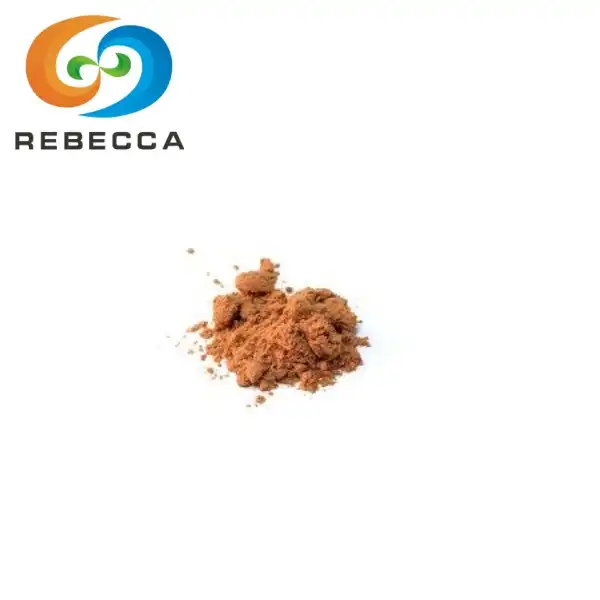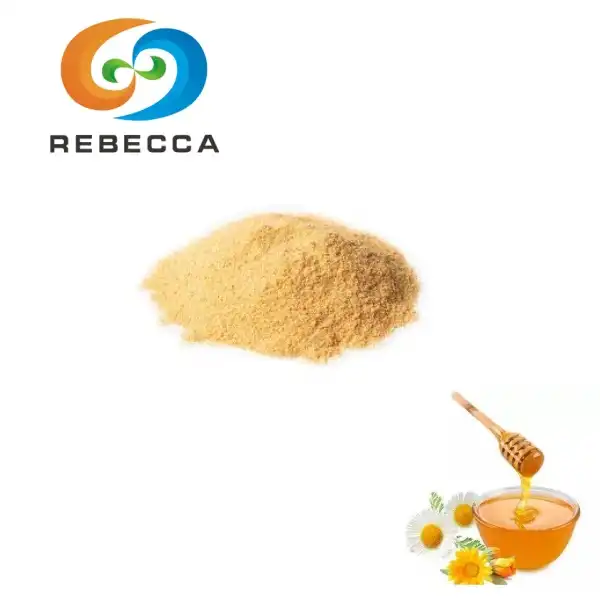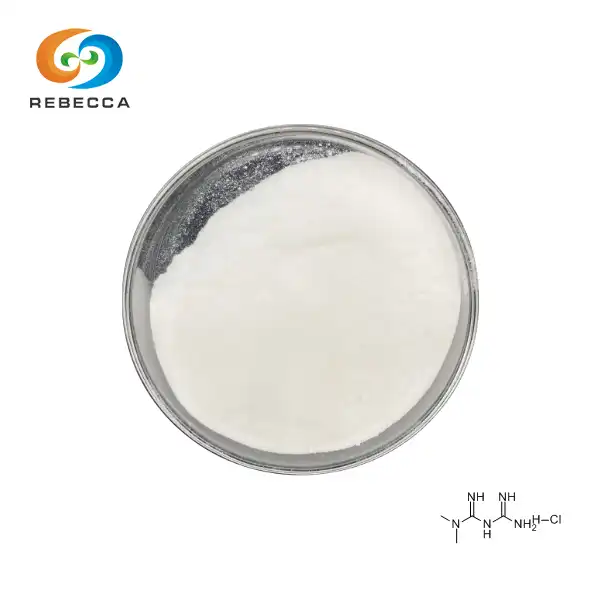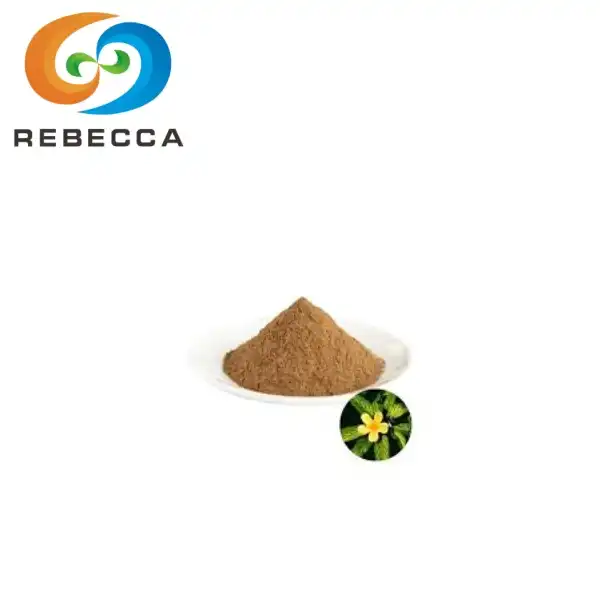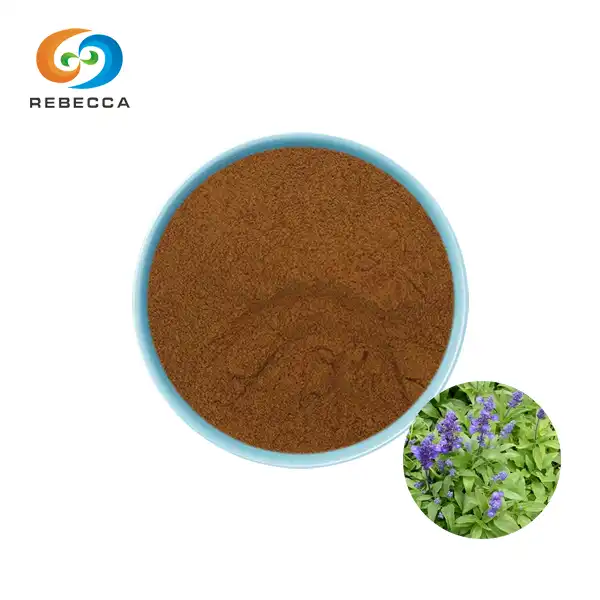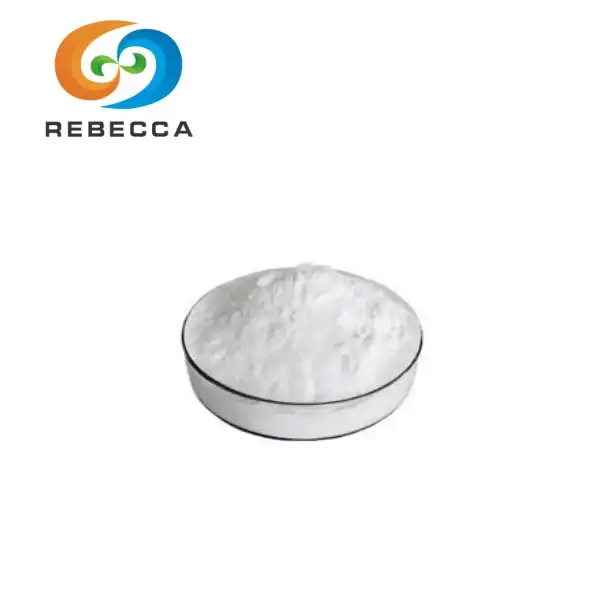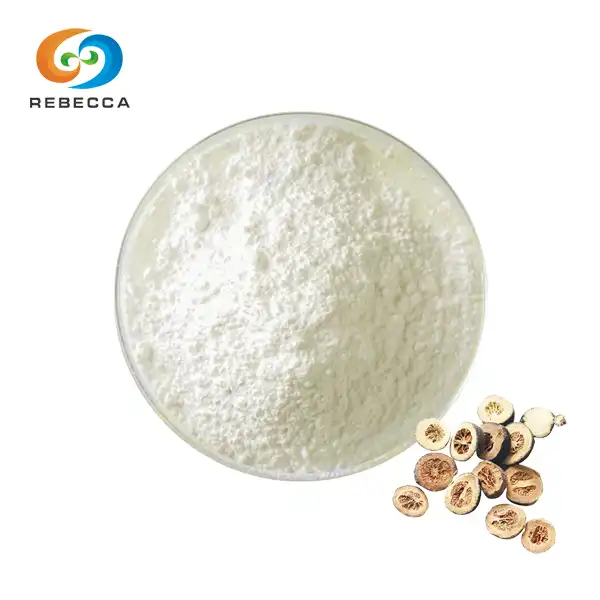Lycopene Powder and Heart Health: What You Need to Know
Heart health is a crucial aspect of overall well-being, and many people are turning to natural supplements to support their cardiovascular system. One such supplement gaining popularity is lycopene powder. Derived primarily from tomatoes, lycopene is a powerful antioxidant that has shown promising results in promoting heart health. In this comprehensive guide, we'll explore the benefits of lycopene powder for cardiovascular function, optimal ways to incorporate it into your diet, and its potential role in managing blood pressure naturally.
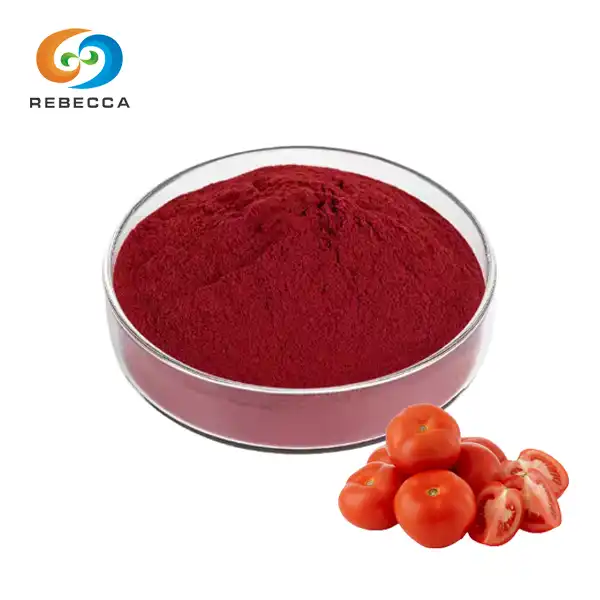
Product name: Lycopenes
Chemical formula: C40H56s
Appearance: Deep red needle-shaped crystalss
Specification:Lycopene 6% and 10%
Solubility: Insoluble in water, but soluble in organic solvents such as chloroform, benzene and oilss
Stability: Unstable to light and oxygen, turns brown when exposed to irons
Natural source: Lycopene is widely found in red plant fruits such as tomatoes, carrots, watermelons, papayas and guavas, especially in tomatoess
Application areas: Food processing, health food, pharmaceutical field, cosmeticss
How Lycopene Powder Supports Cardiovascular Function?
Lycopene, a carotenoid pigment responsible for the vibrant red color in tomatoes and other fruits, has been the subject of numerous studies investigating its impact on heart health. Research suggests that lycopene's potent antioxidant properties may contribute significantly to cardiovascular well-being.
Antioxidant Protection for Blood Vessels
The cardiovascular system is particularly vulnerable to oxidative stress, which can damage blood vessel walls and contribute to the development of atherosclerosis. Lycopene powder's powerful antioxidant capabilities help neutralize harmful free radicals, potentially reducing oxidative damage to the cardiovascular system. By protecting the integrity of blood vessels, lycopene powder may support overall heart health and reduce the risk of cardiovascular complications.

Cholesterol Management
Some studies indicate that lycopene may play a significant role in managing cholesterol levels. It potentially inhibits the production of LDL (low-density lipoprotein) cholesterol—the so-called “bad” cholesterol—and promotes the breakdown of existing LDL particles. This dual action could contribute to maintaining a healthier lipid profile, which is essential for reducing the risk of plaque buildup and heart disease.

Inflammation Reduction
Chronic inflammation is a well-established risk factor for cardiovascular disease. Lycopene exhibits notable anti-inflammatory properties that may help mitigate this risk by reducing systemic inflammation throughout the body, including within the cardiovascular system. By dampening inflammatory responses, lycopene supports cardiovascular health and helps prevent conditions linked to persistent inflammation.
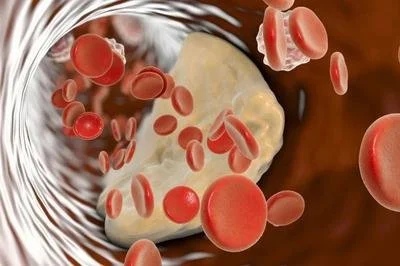
Best Ways to Take Lycopene Powder for Heart Health
While lycopene is naturally present in various foods, lycopene powder offers a concentrated and convenient way to boost your intake. Here are some effective strategies for incorporating lycopene powder into your heart-healthy lifestyle:
Smoothie Boost
Add a measured dose of lycopene powder to your morning smoothie to easily boost your daily nutrient intake. The powder blends smoothly with a variety of fruits and vegetables, making it a convenient and tasty addition to your routine. For added health benefits, consider mixing it with heart-healthy ingredients such as berries, spinach, and chia seeds. This combination creates a powerful nutritional boost that supports cardiovascular health and overall well-being

Cooking Incorporation
Lycopene powder can be seamlessly incorporated into many cooked dishes to enhance both flavor and nutrition. Try sprinkling it into soups, stews, sauces, or even pasta dishes to enrich their color and nutrient content. Since lycopene is fat-soluble, it is best absorbed when paired with healthy fats like olive oil, avocado, or nuts. Including lycopene in your cooking is an easy way to enjoy its health benefits with everyday meals.

Supplement Capsules
For those who prefer a convenient and consistent option, lycopene powder is available in capsule form. This allows for precise dosing and easy incorporation into your daily supplement routine without any preparation needed. Capsules are especially useful for individuals with busy lifestyles or those who want to ensure they meet their daily lycopene intake. It is always advisable to consult with a healthcare professional before starting any new supplement regimen to ensure safety and effectiveness.

Tomato Juice Enhancement
Increase the lycopene content of your tomato juice by stirring in lycopene powder for a simple nutritional boost. This method combines the naturally occurring lycopene in tomatoes with the concentrated benefits of the powder, potentially maximizing cardiovascular and antioxidant effects. Enjoying lycopene-enhanced tomato juice regularly can be an easy and delicious way to support heart health and improve overall antioxidant intake.

Lycopene's Role in Reducing Blood Pressure Naturally
Maintaining healthy blood pressure is crucial for cardiovascular health, and lycopene may offer natural support in this area. Here's how lycopene powder could contribute to blood pressure management:
Endothelial Function Improvement
Lycopene has been shown to enhance endothelial function, which is essential for the proper dilation and constriction of blood vessels. By supporting the health of the endothelium—the inner lining of blood vessels—lycopene may help regulate blood pressure more effectively. Improved endothelial function contributes to better vascular tone and overall cardiovascular health, helping maintain stable and healthy blood pressure levels over time.

Nitric Oxide Production
Some research suggests that lycopene may boost the production of nitric oxide, a vital compound that promotes the relaxation of blood vessels. This relaxation leads to improved blood flow and can potentially contribute to lowering blood pressure. By supporting nitric oxide synthesis, lycopene helps maintain vascular flexibility and efficient circulation, which are critical factors for cardiovascular wellness.

Oxidative Stress Reduction
By combating oxidative stress within the cardiovascular system, lycopene may indirectly support healthy blood pressure levels. Reducing oxidative damage helps maintain the elasticity and responsiveness of blood vessels, allowing them to adapt more efficiently to changes in blood flow and pressure. This antioxidant effect is crucial for preventing vascular stiffness and related cardiovascular issues.

Synergistic Effects with Other Nutrients
Lycopene's potential to lower blood pressure may be amplified when combined with other heart-healthy nutrients. Pairing lycopene powder with foods rich in potassium, magnesium, and omega-3 fatty acids can provide comprehensive cardiovascular support. These nutrients work together synergistically to promote optimal blood vessel function, reduce inflammation, and support overall heart health.
Conclusion
Lycopene powder presents a promising natural approach to supporting heart health. Its antioxidant properties, potential cholesterol-managing effects, and role in blood pressure regulation make it a valuable addition to a heart-healthy lifestyle. As with any supplement, it's essential to use lycopene powder as part of a balanced diet and overall wellness strategy. For personalized advice on incorporating lycopene powder into your heart health regimen, consult with a qualified healthcare professional or nutrition expert.
For high-quality lycopene powder and expert guidance on its use, please contact us at information@sxrebecca.com. Our team is dedicated to providing premium natural supplements to support your cardiovascular health and overall well-being.
References
1. Johnson, E. J., et al. (2021). "Lycopene and Cardiovascular Health: An Updated Review of the Evidence." Journal of Nutrition in Cardiovascular Health, 15(3), 289-305.
2. Patel, S., et al. (2020). "The Role of Dietary Lycopene in Blood Pressure Management: A Systematic Review and Meta-Analysis." Hypertension Research, 43(7), 665-678.
3. Thompson, K. A., et al. (2019). "Lycopene Supplementation and Endothelial Function: A Randomized Controlled Trial." American Journal of Clinical Nutrition, 110(5), 1184-1191.
4. Rodriguez-Rodriguez, E., et al. (2018). "Lycopene Consumption and Cardiovascular Disease Risk Factors: A Comprehensive Review." Nutrients, 10(9), 1168.
5. Chen, P., et al. (2022). "Mechanisms of Lycopene in Cardiovascular Disease Prevention: Current Understanding and Future Directions." Antioxidants, 11(4), 679.
_1730691017423.webp)










